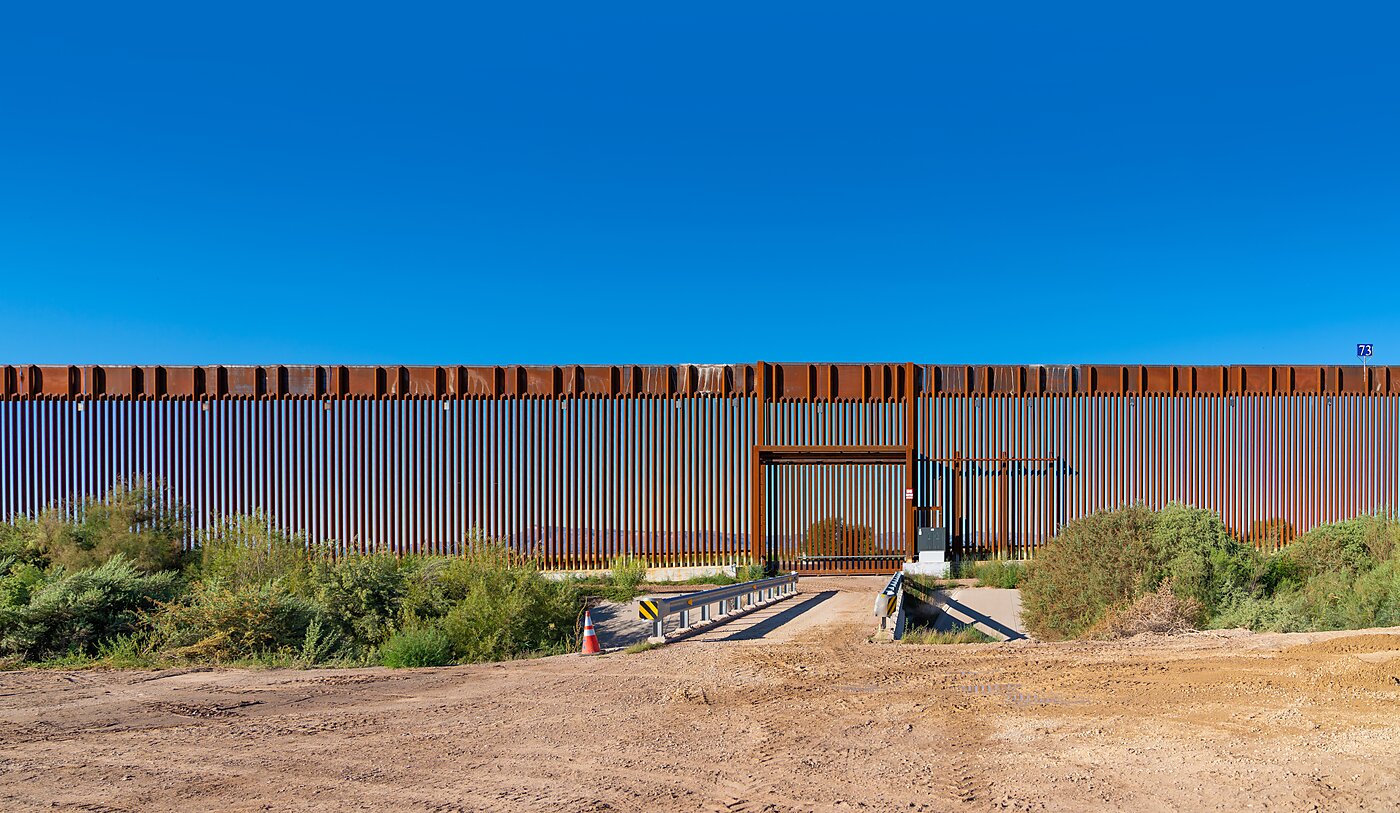This article appeared on Substack on November 2, 2023.
The Biden administration recently announced its intention to expand the border wall between Mexico and the United States; the goal is to limit illegal immigration. This effort will fail.
The US-Mexico border is nearly 2,000 miles long with a terrain that makes a barrier across the whole distance nearly impossible. Even with a complete wall, constant surveillance is necessary to prevent migrants from going over or under the barrier, or utilizing other avenues like boat crossings to California or the Gulf Coast. Another avenue is visa overstays, which are a bigger source of illegal immigration than border crossings. Immigration bans, like those of drugs or guns, mainly fail.
The US has only two options for meaningfully reducing illegal immigration. Legalizing more immigration is the obvious response, even to the extent of open borders. This is the only long-term solution, since the demand for migration will persist so long as wages remain substantially lower in poorer countries, and so long as violence, corruption, and political chaos permeate many such countries.
The complementary approach is to reduce the demand to migrate, via policies that make sense irrespective of immigration.
One example is trade liberalization. Despite “free trade” agreements between the US and Latin America, the region still suffers from significant US-imposed barriers. The US should abandon these, including ending the sanctions that contribute to Venezuela’s bleak economic situation, which stimulates emigration. Similarly, the US should normalize trade relations with Cuba. Freer trade will boost the demand for labor in foreign countries and reduce international wage disparities.
The second key policy change is abandoning the war on drugs, which would allow other countries to scale back their prohibitions, thereby reducing the violence and corruption the drug war creates. Prohibition-induced turmoil in these countries is one reason for their immigrant outflows.
Most people want to stay where they live rather than make a long and dangerous trek to a different country, so the United States does not have to make other countries perfect. The US can, however, stop making them worse, and in ways that benefit the United States. This is far better than a border wall.

